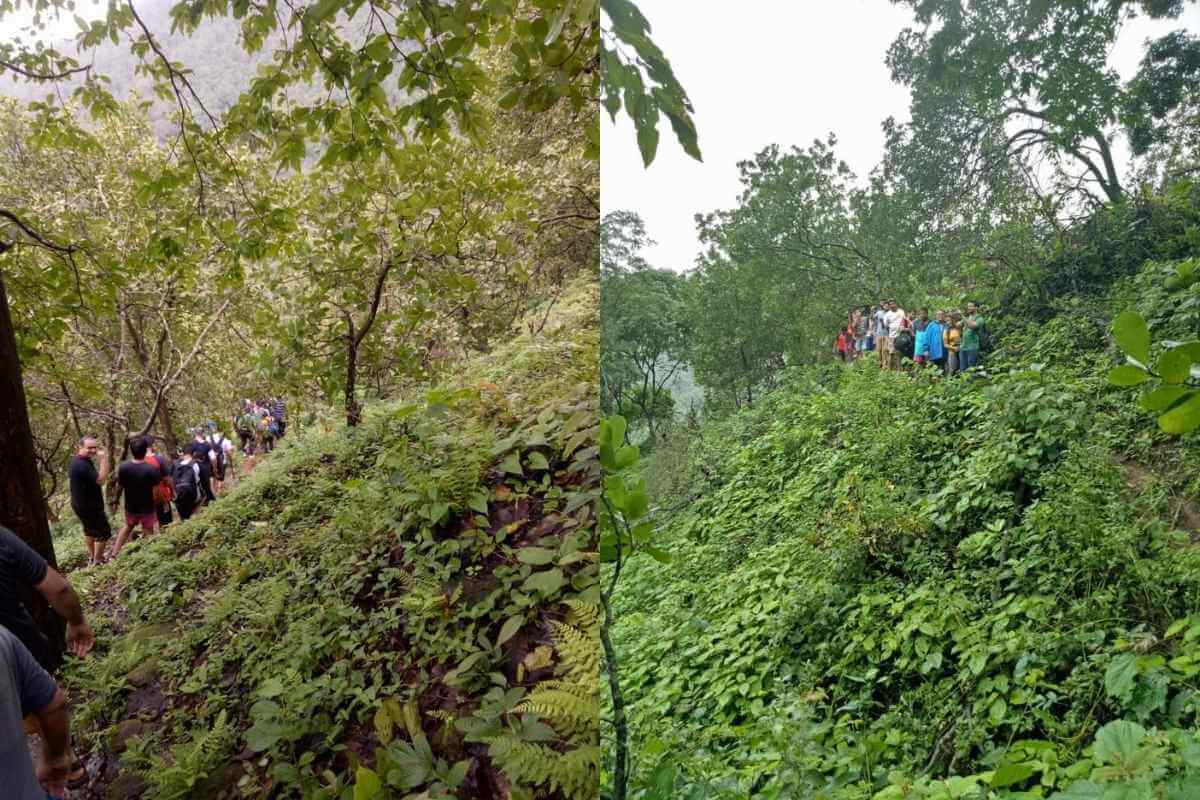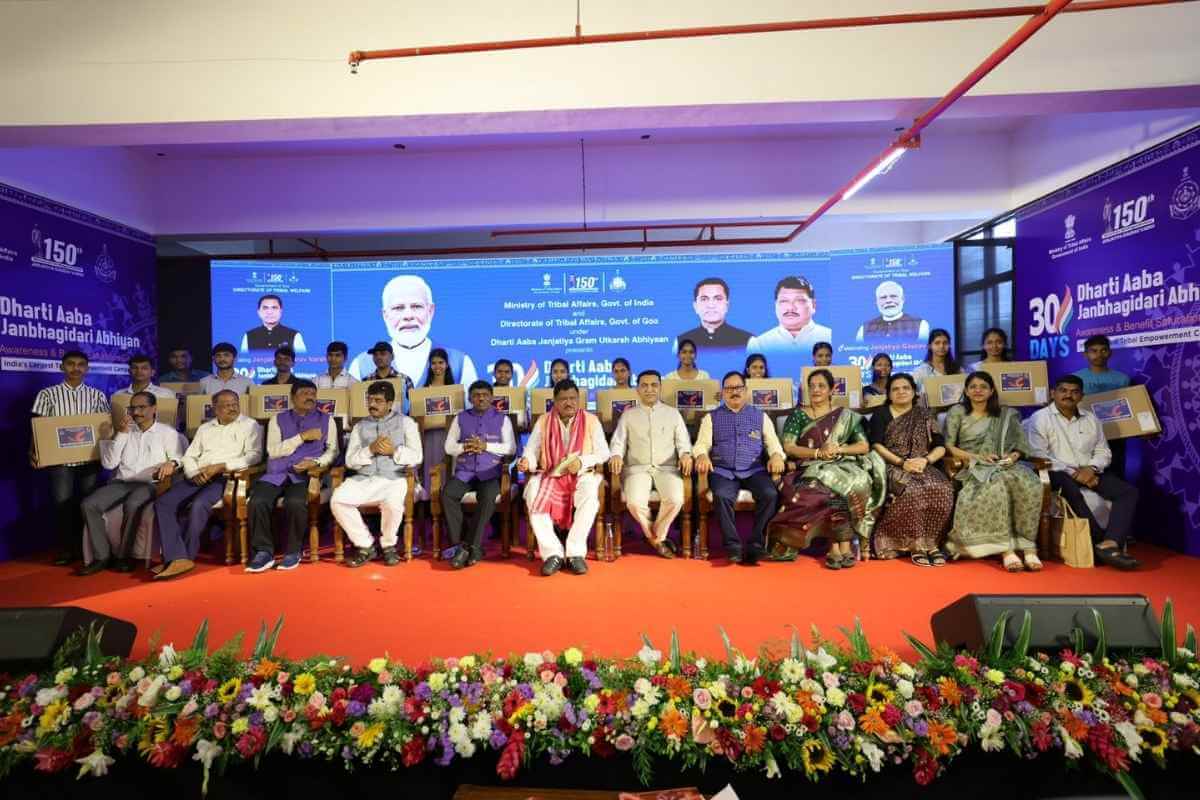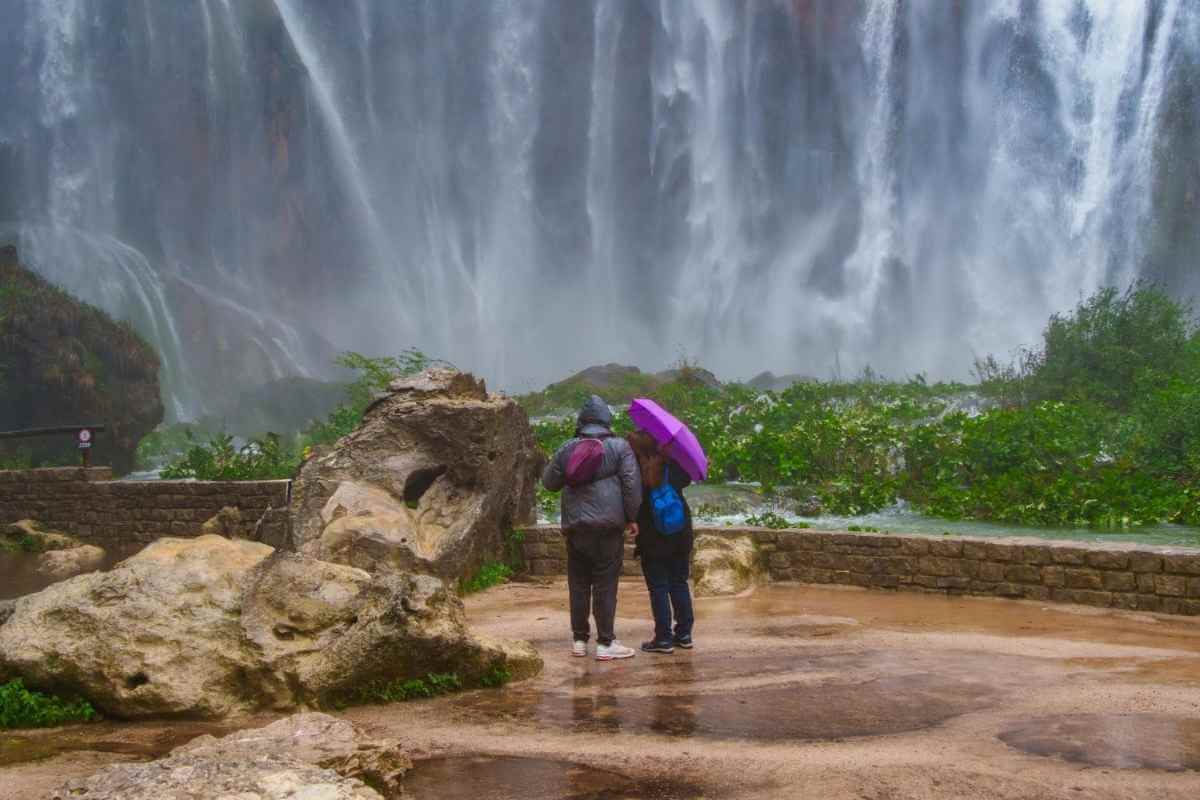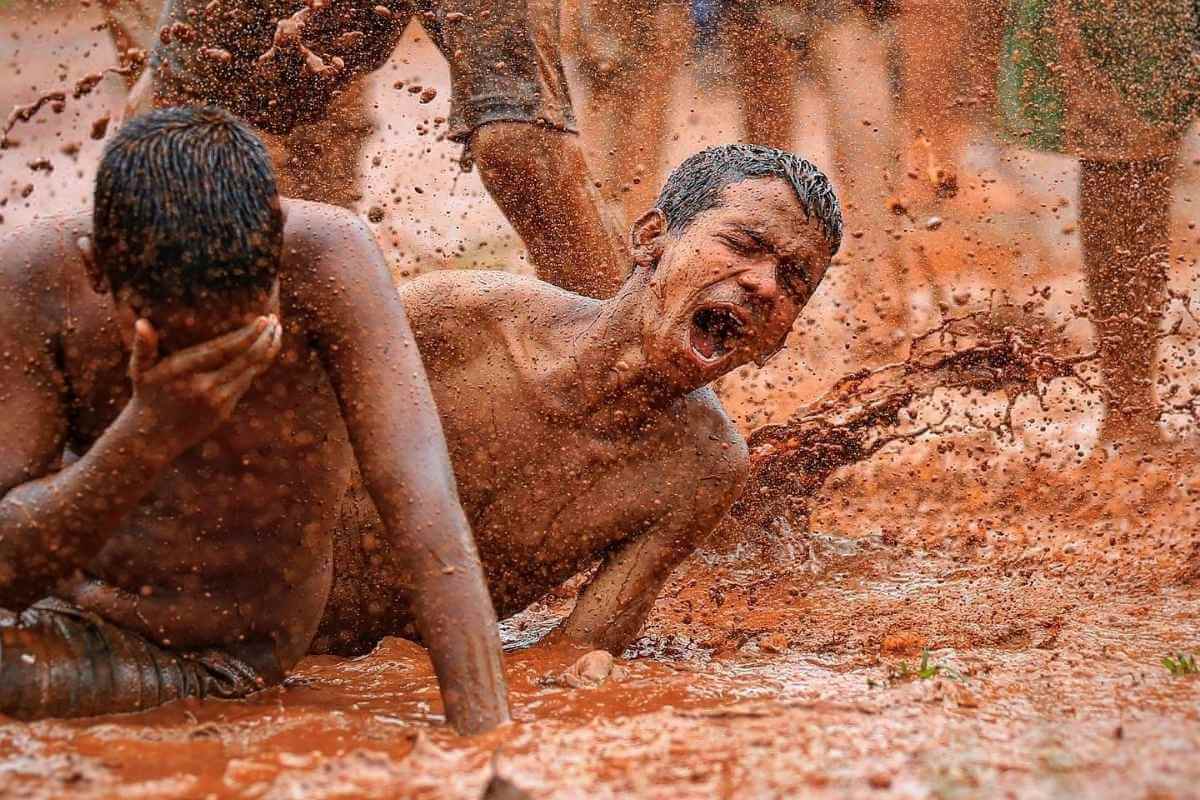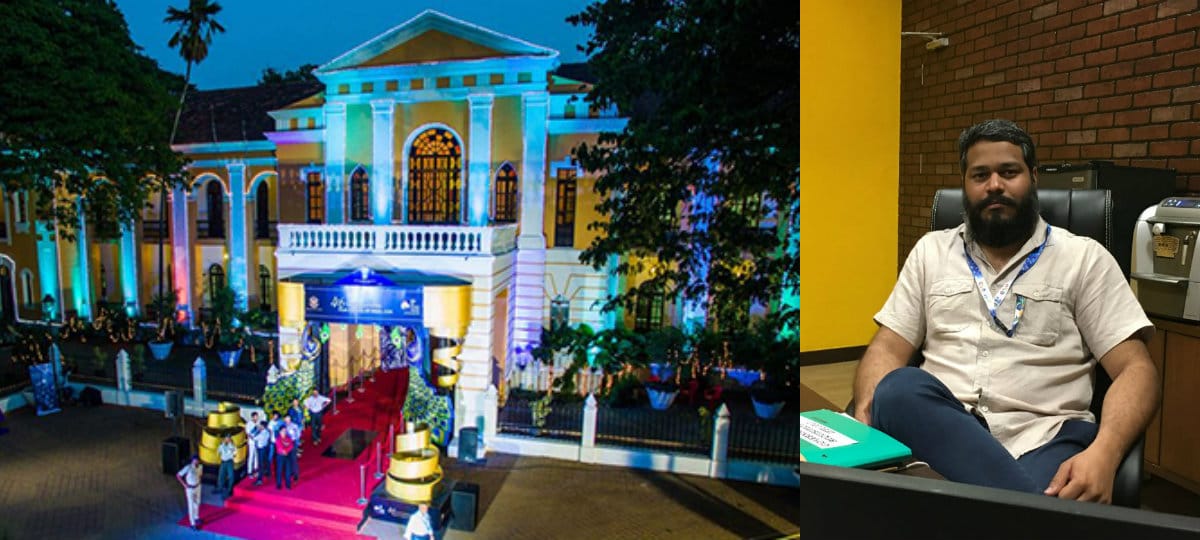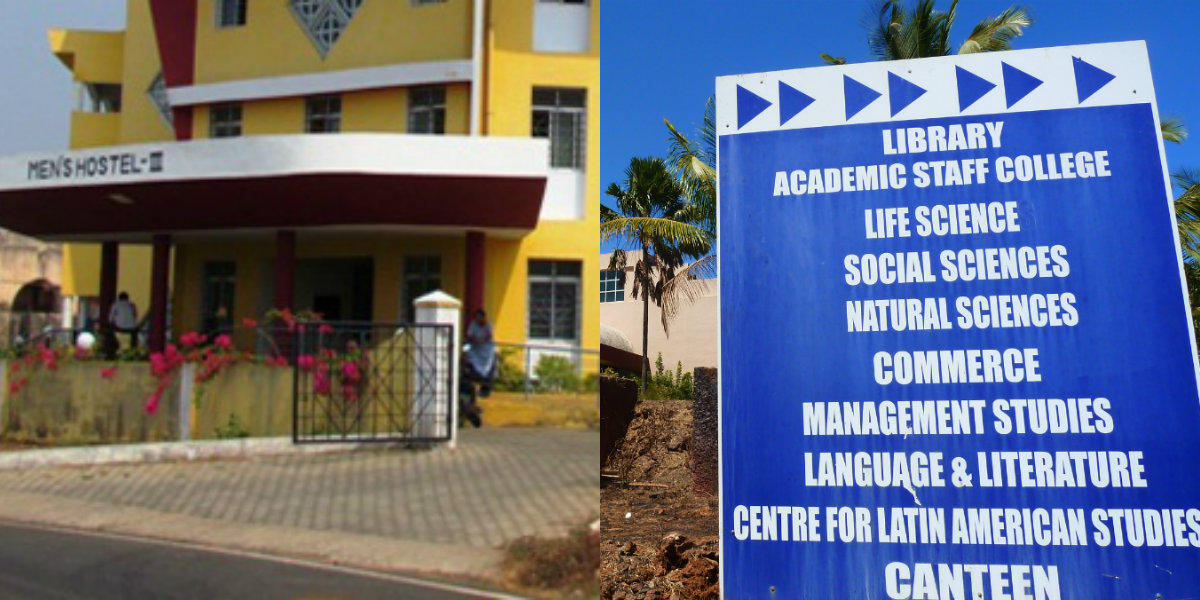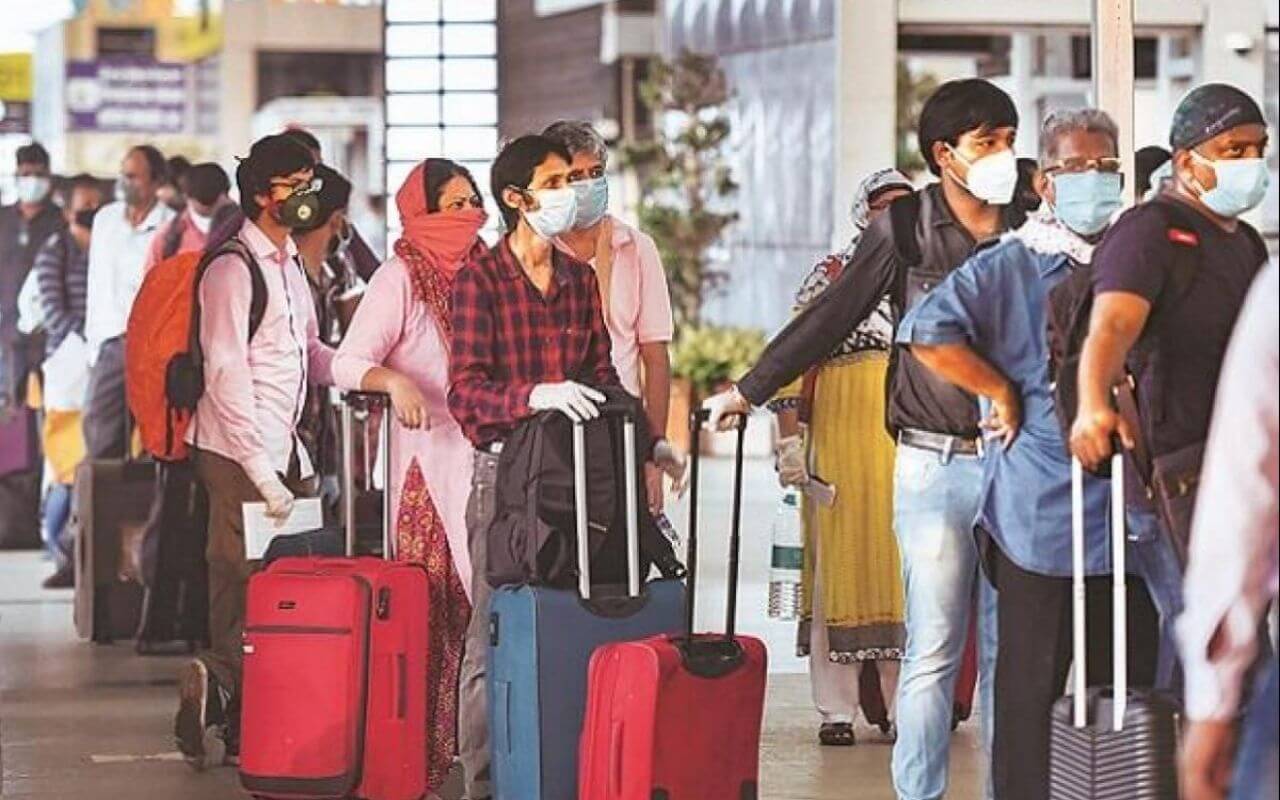The nationwide transporter’s “BANDH” (strike) on 2nd September 2015, was initiated by the trade unions of India while the states which have BJP ruling government had decided to stay away from it. Bandh had received the mixed response in Goa, as a government made sure that the offices and the state-run buses would ply on their routes in Goa. According to the news published by the local dailies in Goa “The State government invoked the Goa Essential Services Management Act (ESMA), 1988 prohibiting a strike in all transport services, Kadamba Transport Corporation Employees reiterated that they would join the September 2 nationwide transport strike”. Though the unions supporting the strike had claimed that the strike was successful, but the government had denied those tall claims.
The strike had almost paralyzed the entire state despite the government’s efforts buses were going empty as most of the people did not turn out due to fear of getting hurt in the tussle as the strikers made sure that people stay away from the day’s work in whatever possible way. There were the incidents of stone pelting in the North Goa at Bicholim and there was huge Morcha at the Verna industrial estate. Agitators even went to extent self-arrest.
Although the Bandh was initiated to protest the government’s policy but what people involved in the Bandh were doing, after all, scaring out the people who wanted to go to work, forcing the people to stay off the road against their wishes, stopping the supply of essential commodities. But no one can help in this as this is the only way we know to protest, isn’t it? According to the sources, over 2500 police personnel have been deployed across the state to avoid any unpleasant incident during the day-long Bandh. As far as the schools are concerned except to the few, most of the schools remained closed on the day of Bandh. “Public movement may have been depleted because there were no private buses. It may have affected people. But we took every effort to ensure that there was no force used by the organizers of the Bandh,” Said Gaonkar SP, North Goa. “People were misled by the organizers. In some case, we also found that people were forced to shut down their establishments. By taking their buses off the road, the people faced great inconvenience going about with their regular lives,” said the BJP spokesperson Dattaprasad Naik.
The segment of tourist in Goa was highly affected due to this strike. “I have been trying to flag down a vehicle for the last three hours. I have a reservation at a hotel near Calangute beach,” said Ashad Johari, a tourist from Mumbai at the Mapusa bus stand. Everybody was stagnant due to non-availability of transport. Some of the tourists wanted to go back to their homes but due to this Bandh everybody was at the receiving end.
Whatever may be the reason behind it, when the strike takes place, there are multiple consequences connected to it. By and large, people do not come out of their house due to the fear of getting hurt while the supporters of the strike make sure that it is enforced completely. Nobody bothers to find out the actual purpose of the strike; everybody blames the system, the government and the trade unions. Incredible Goa decided to find out the root cause of the strike that took place on 2nd September and whether it was Good, Bad or Ugly.
Here are the excerpts of the interview of GCWTOA convener advocate Suhas Naik in conversation with the editor of Incredible Goa Rajesh Ghadge…
RG: Suhas, can you elaborate little more on the strike of 2nd September?
SN: It was the nationwide strike against the draconian laws, the bill which the central government was trying to implement or push it in the parliament. The bills like Land acquisition bill, Road transport safety bill 2015, Implementation of FDI in retail trade and another financial sector was also part of the general strike. The government wanted to change 14 labor laws, if that is was allowed it would have affected the entire masses of this country, not only the working class people but also the middle-class salaried people, farmers and those who were employed in transport industries. The people, who are employed in transport industries, are the self-employed people and if the safety bill is passed it would have an adverse impact on the industry.
RG: What this bill is all about?
SN: This Bill has been lifted from a foreign country, in the countries like Europe and the US the infrastructure is available, the roads are quite wide comprises of 5 to 6 lanes having separate lanes for the pedestrians and cyclers, but in India we don’t have that kind of facility. The bill talks about the installation of GPS system, it talks about the safety aspects and there are clauses about the penalty. When the first bill was introduced in parliament the penalty clause was exorbitant, around 50,000 to 2lakh rupees, but when people raised their voice, the opposition reduced the fines, but still the fines are exorbitant, for example, if child met with an accident and dies the driver have to pay 3lakhs of rupees and undergo imprisonment for 7years, if you break traffic signal first offence is 5000 rupees and second offence is 7000 and third offence it is 15000 and suspension of your licenses, without licenses and helmet 2000 rupees and if you use mobile first offences 4000 and second offences 6000 and third offences 10000, drunk and driving 6month imprisonment and suspension of driving licenses, over speeding is 5000 to 12000 and 6 months suspension of license. These types of laws are an exorbitant considering situation of the country. According to me, first, you improve the infrastructure and then talk about motor safety bill. Though the government is giving the color of safety of the people but in reality, it is not, basically they want to kill the public sector corporation because all the roads will be nationalized all taxi points will be nationalized and it will be given to multinational. The airport area will be nationalized it will be given to some MNC company which will deploy thousand taxis.
RG: Does the strike is the solution for this kind of problems?
SN: The strike or the opposition is a part of a democratic setup. The voice of opposition is equally important as the voice of the ruling and our constitution allows such kind of demonstrations and that is the healthy sign and vibrant sign of democracy, if there is no opposition then there is no democracy.
RG: The strike does not help anyone, how do you justify this?
SN: The strike was not called by unions alone, but the farmer’s league was also equally responsible for the strike. Also, the strike was not the outcome of just one safety bill but a number of bills, which was not in favor of anybody but the big corporate houses, that government was trying to return the favors granted by them at the time of general elections. Nobody, except the ruling government, wanted this bill. The opposition was against this bill. It is natural that when they don’t listen to anybody and trying to force the bill on us, it is our job to come out on the roads against such kind of draconian act. According to the land acquisition bill (anther bill in line), 35% of the land that belongs to farmers in India would have needed to be sacrificed. If that kind of land is given to the corporate then what farmers will do? We are already facing the scarcity of essential commodities. The onion is reached to 80 rupees for a kg. Imagine what will happen when 35% land will be acquired by the corporate, we will not have the stuff to feed ourselves. Secondly, this entire process is by force, they are taking the farmer’s land by force, which is wrong.
The consent clause which was there in 2013 has been removed in the new bill and government was free to acquire farmers land anytime, this is what we are opposing if you want to acquire, acquire barren land and give it to industrialists, but compensate the farmers and take their consent. The government doesn’t want to do this. Secondly they want to get FDI in retail trade, the retail trade is the biggest Indian industry which is on 5th number in the world, if we allow that 40 million people who are dependent on retail trade would have been jobless, their livelihood would have been smashed away, 14million shops and stalls would have been closed, why the government wants to do it? If the government wants to help the middle class and the retailers then why they want to give these trades in the hand of foreign investors?
RG: So according to you government did not keep its promise?
SN: The government before coming into power said that they will cut the prices of the essential commodities. What are the prices of essential commodities today? Dal which was Rs. 30 to 40 in 2014, when this new government assumes the power it shot up to Rs. 180, so where the prices been controlled them? They are not acting against black marketers and they are not acting against the hoarders, they are allowing free hands, this government has not done anything excepts tall promises big speeches that’re why people are forced to come on roads.
RG: Is it privatization which is bothering unions?
SN: The scale of privatization or handing of natural resources was not to the extent. Take example of farmers, total loan liability of farmer is 15000 crores but this government has already giving 64000 crores for tax concession to the corporate, if they can give tax concession to the corporate why not helping the farmers? they only allow farmers to commit suicides? There is a huge NPA in the country and all big industrialists are non-performing assets, they have taken loan from the public sector banks and they are not paying it so why don’t they crack down on them? Why don’t they recover that money? If they had recovered that money then India doesn’t require the additional finance foreign investment, the investment of this country is sufficient to take care of economic development of this country and taking all this issues we came down on road on 2nd September
RG: According to you how was the response of strike on 2nd September?
SN: 2nd September was a tremendous success in Goa. The people themselves participated in the strikes. Government offices were open, government employees are not with us they didn’t participate in the strikes. Morally they support the strikes but moral thing principle thing doesn’t work, when entire country is struggling on the road accepts few government offices and one or two Kadamba buses, which were forcibly plying and few banks were open. Entire Goa had protested, markets were closed, shops were closed, even petrol pump in some places were closed. We can say that Goa participated in its 80% strength and this is the warning to the Government that, they better rethink on their reform policies and withdraw all the bills which are not in favor of the people. If they don’t withdraw the bills and still try to implement it, the people will again come on the roads. I don’t say it will be another strike at this point in time, but people will protest again, the form of the protest will be decided later.
The Chintan Baitak is going on in Madhyanchal Bhawan is nothing but the pressure by the working people of this country. The Prime Minister is attending the RSS meeting. We are not saying don’t attend the meeting but you resolve the problem first, cause unless you resolve the problems, there will be protest and demonstration against the government.





